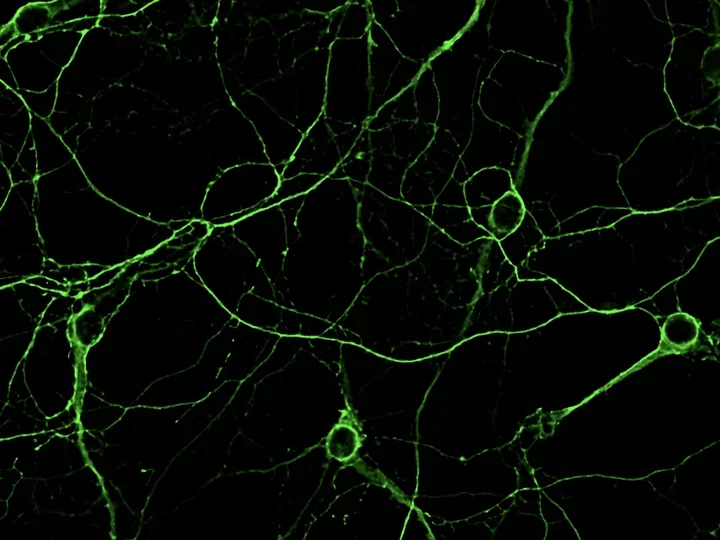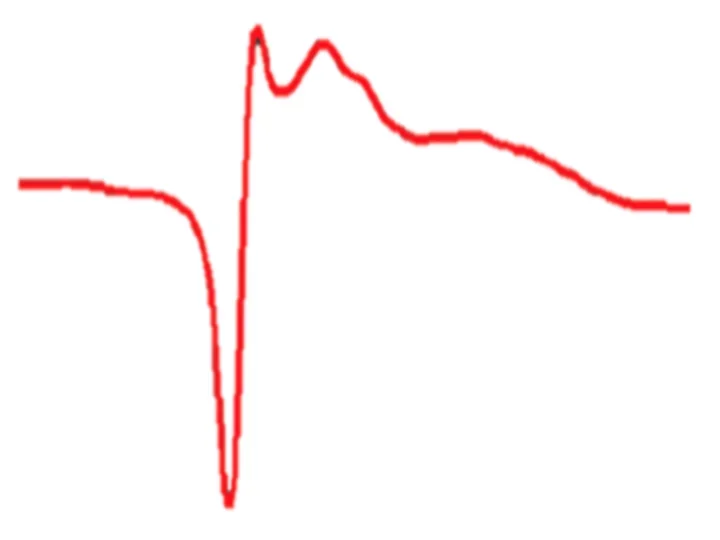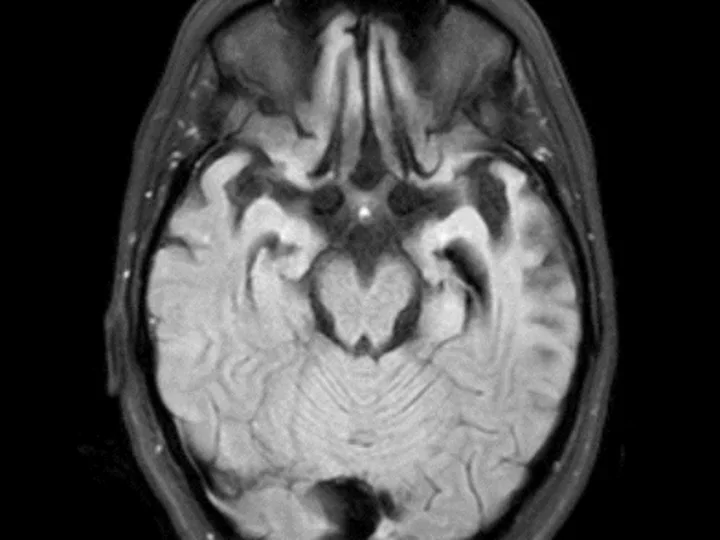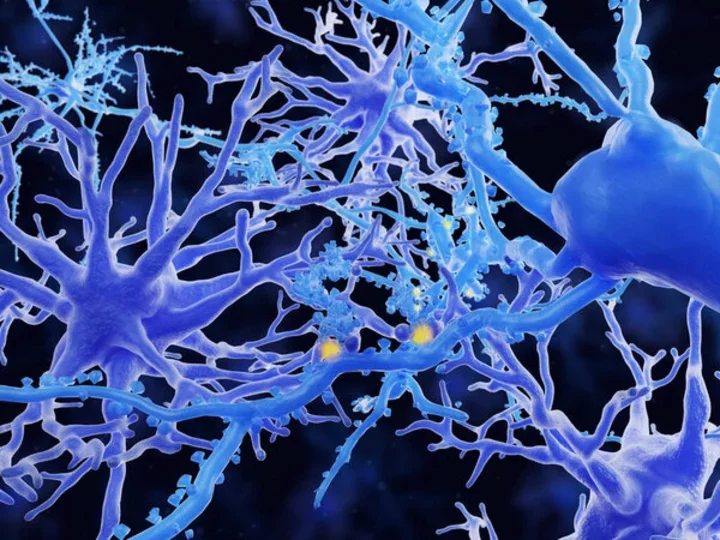Current Projects
About Our Current Projects
Molecular Mechanisms of Tau
The Vossel Lab studies molecular mechanisms of tau through techniques including proximity ligation assay, live cell signaling assays, slice electrophysiology, and electroencephalography. These assays allow us to see which molecules of interest the tau protein interacts with and provides a detailed picture of the synaptic integrity and plasticity within brain regions of interest.


Anti-seizure Therapies
Dr. Vossel’s clinical studies with Alzheimer’s disease (AD) patients revealed that over 40% of patients exhibit silent epileptiform activity, mostly occuring during sleep, and this subclinical phenomenon can accelerate disease progression. Additionally, an estimated 20% of Alzheimer's patients develop seizures and associated cognitive decline. Therefore, up to 60% of Alzheimer's patients have seizures or epileptiform activity and could benefit from anti-seizure treatments. In a Phase 2a study, we showed that low doses of the anti-seizure drug levetiracetam improves spatial memory and executive function in patients with AD and detectable epileptiform activity. The Vossel lab has also demonstrated that patients with dementia with Lewy bodies have increased risk of seizures and myoclonus, which can hasten cognitive decline. To further understand seizure/epileptiform activity’s contribution to network dysfunction in dementia, the Vossel Lab uses electroencephalography (EEG) recordings in mice treated with antiseizure drugs or tau modifications. Studies using EEG recordings in models of neurodegenerative disease provide valuable insight into assessing how the blockade of certain biological processes may ameliorate overall network dysfunction.
Genetics of Frontotemporal Dementia
Frontotemporal dementia (FTD) rarely occurs in individuals under the age of 30, and genetic causes of early-onset FTD are largely unknown. Our lab discovered retrotransposition of the MATR3 gene, a DNA/RNA binding protein, associated with early-onset FTD. This is a novel mutation mechanism of MATR3, although other mutations in MATR3 have been associated with FTD/ALS pathology previously. Retrotransposons are not often implicated in neurodegenerative diseases; thus, the Vossel lab is clarifying the potential role of MATR3 retrotransposition in early-onset FTD.


Contributions of Network Hyperexcitability to Astrocyte and Neuron Proteome Dynamics in Aging and Alzheimer’s Disease
The Vossel lab is collaborating with Drs. Baljit Khakh and James Wohlschlegel to study the effects of aberrant network activity and neuroinflammation on protein expression in astrocytes and neurons in models of aging and Alzheimer's disease (AD). This study is funded by an NIH R01 award. We are using advanced proteomic methods to identify cell-specific proteomes in the cytosol and plasma membrane. We will test how these proteomes change in association with aberrant network activity, neuroinflammation, and cognitive decline in AD.